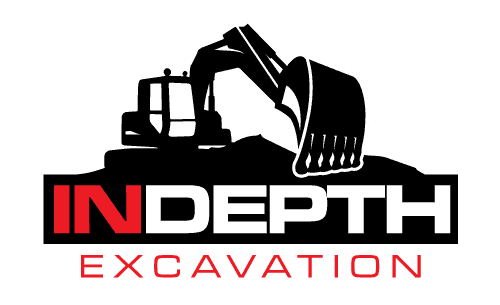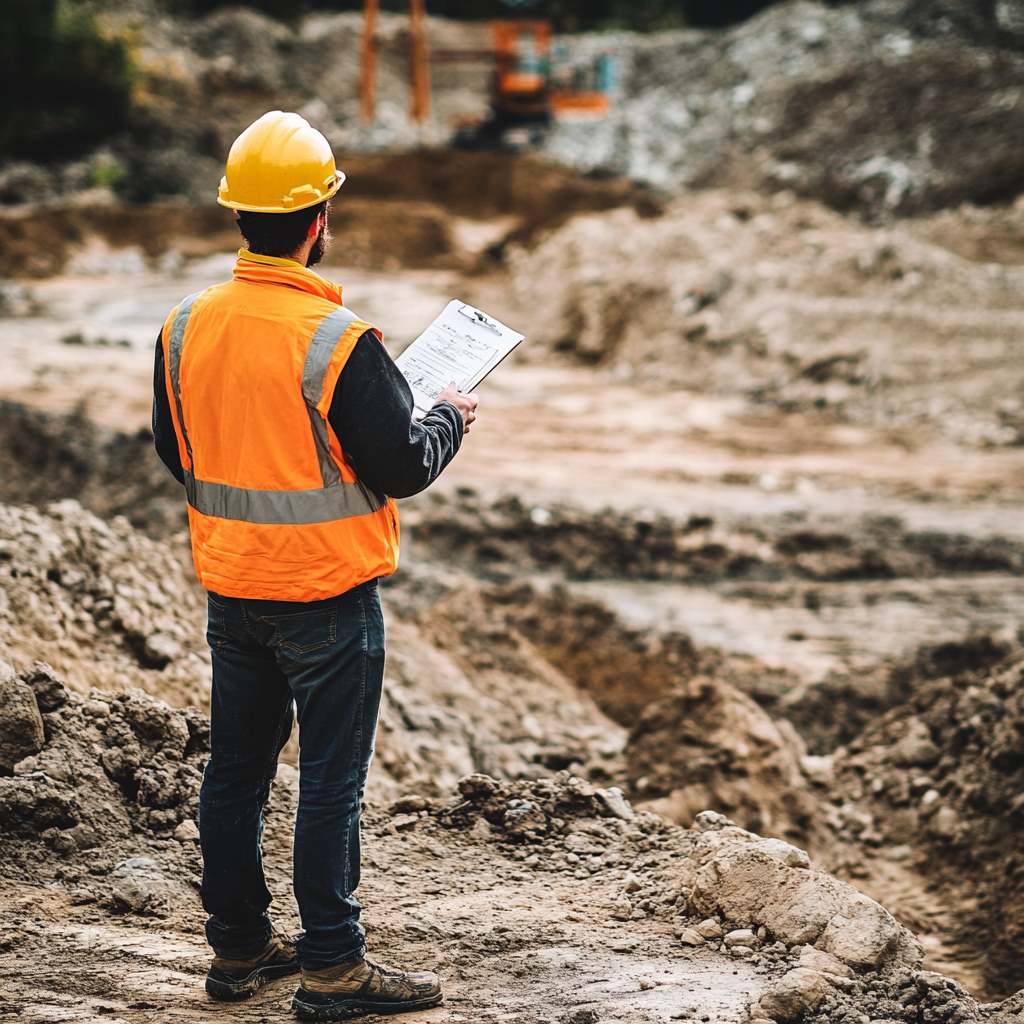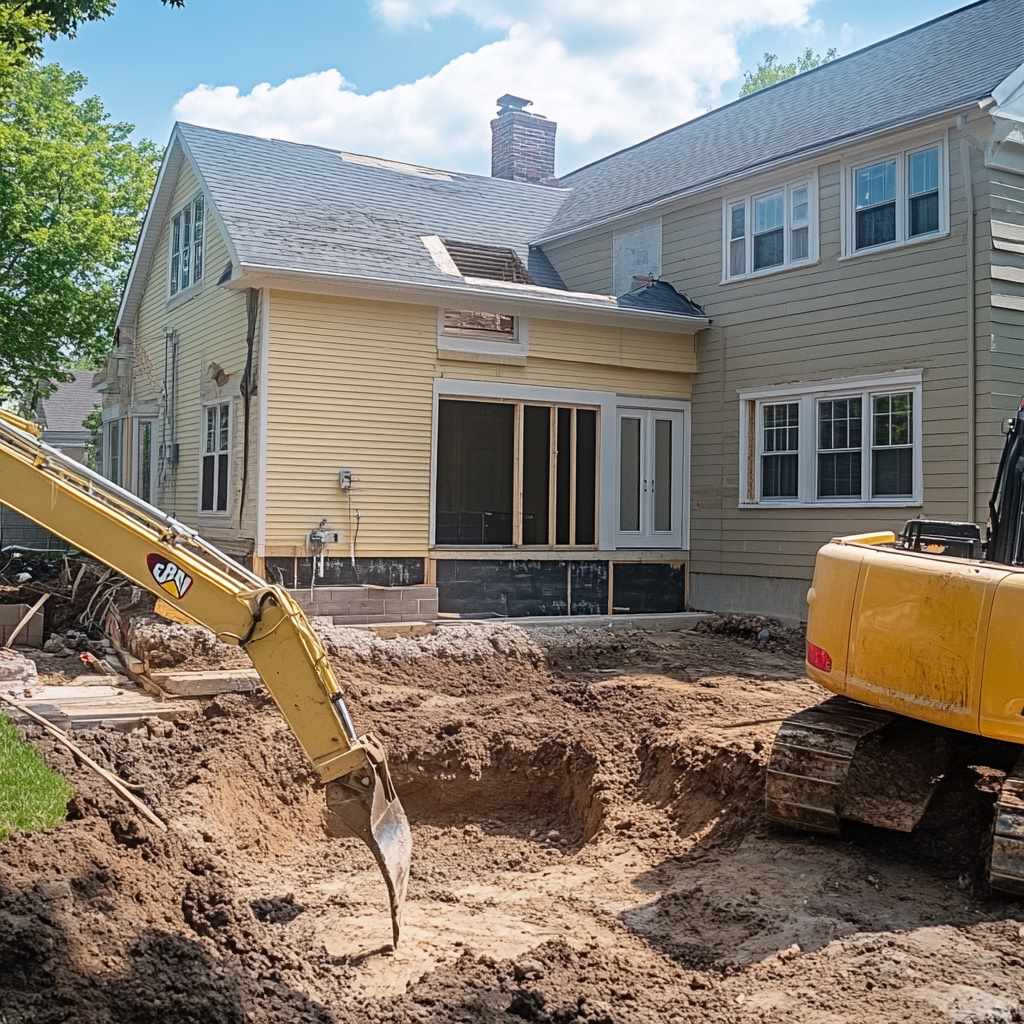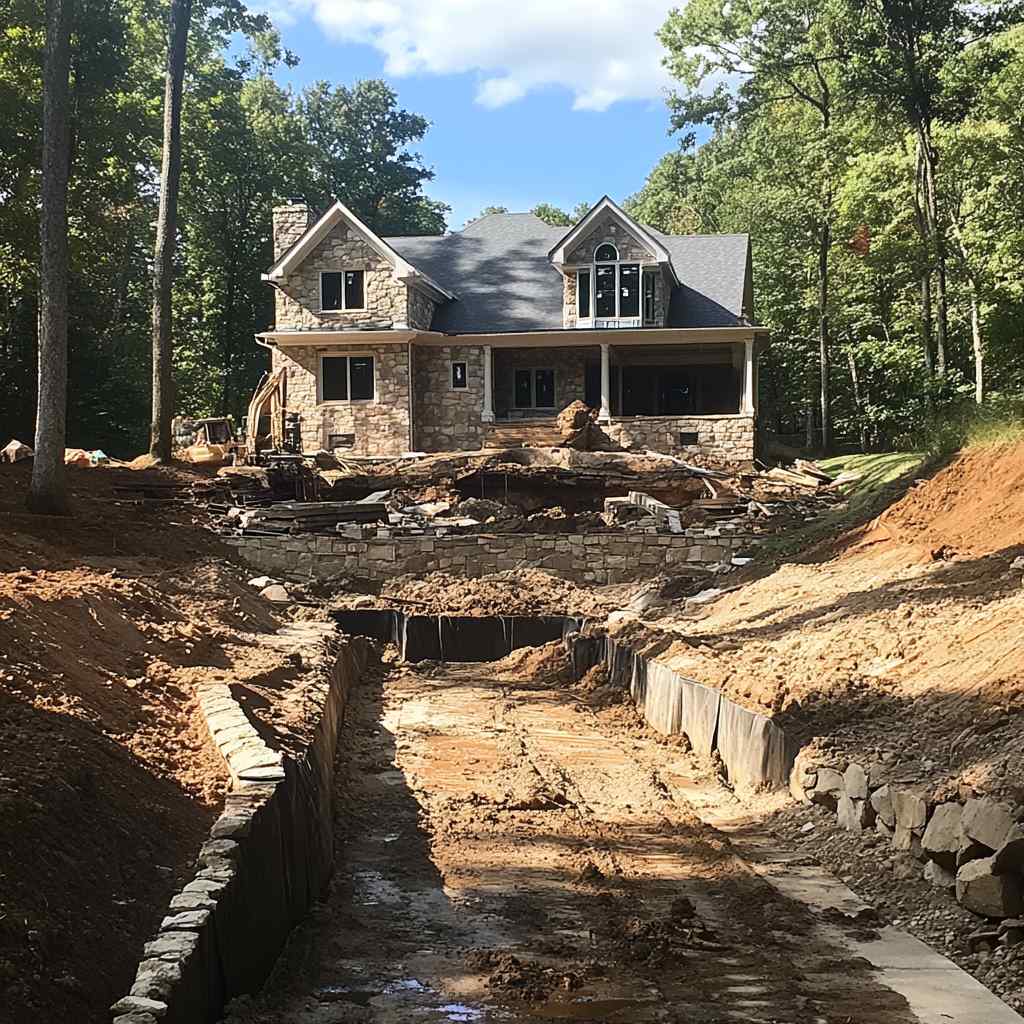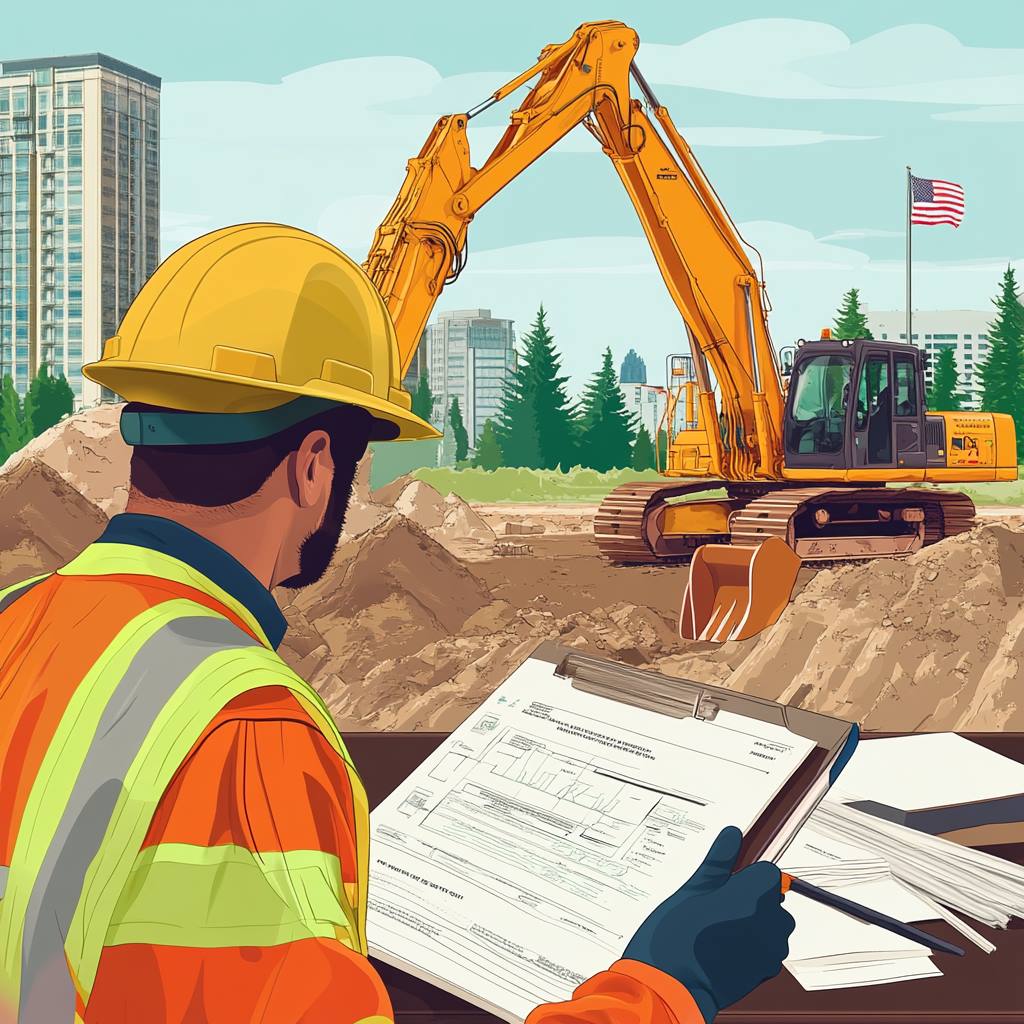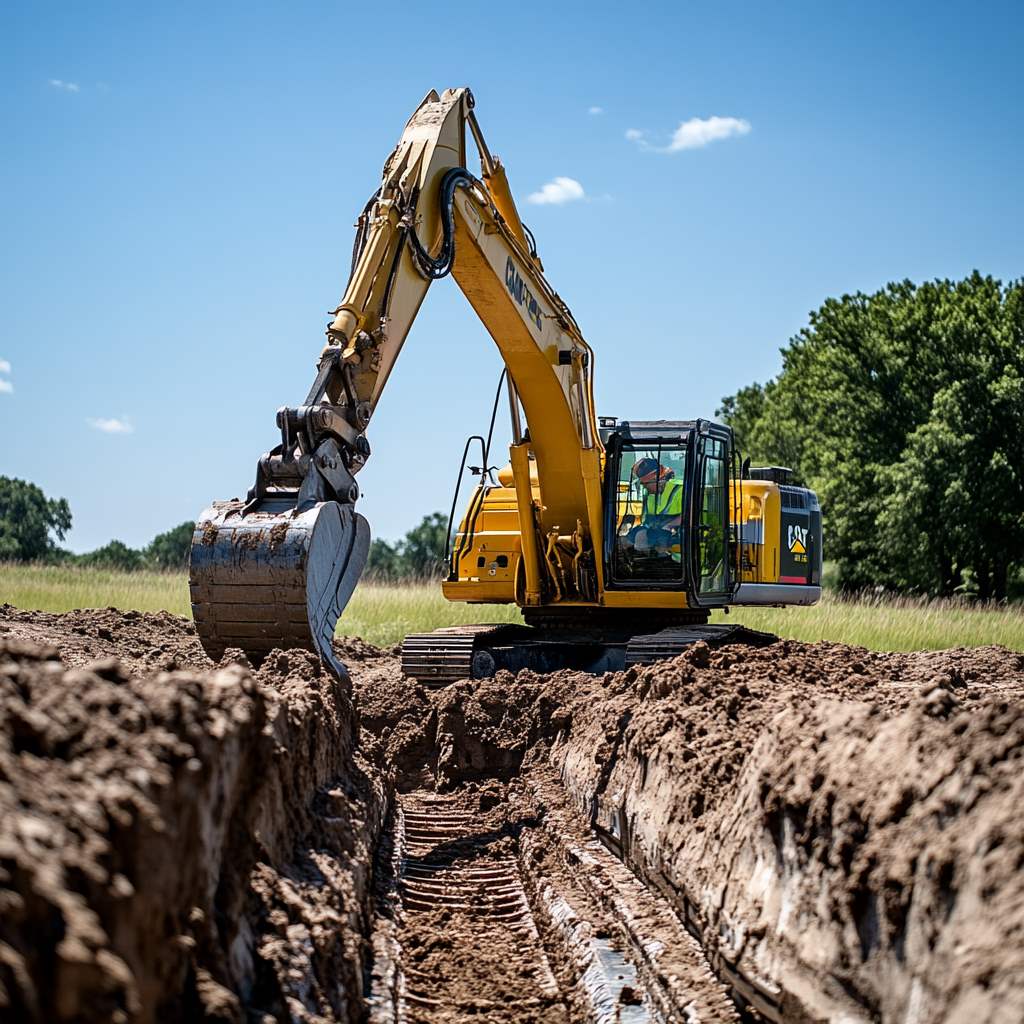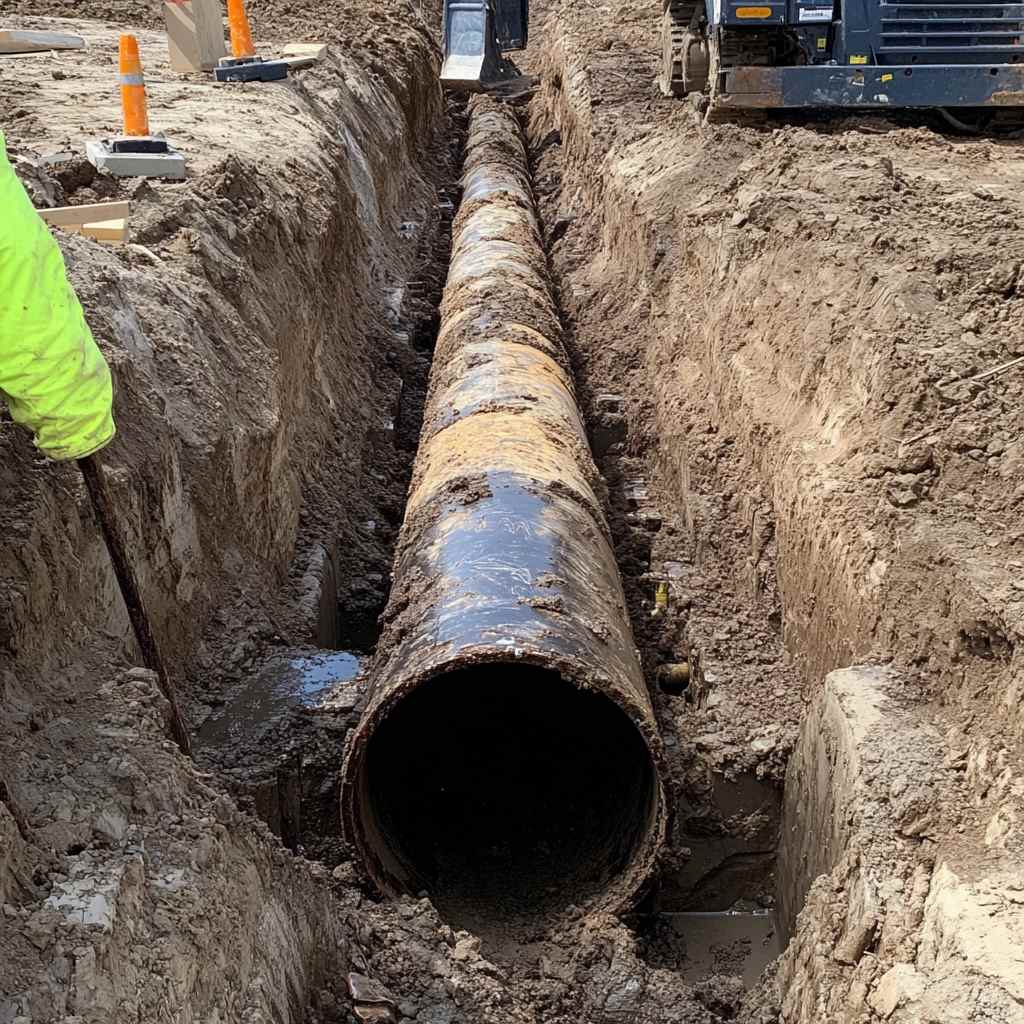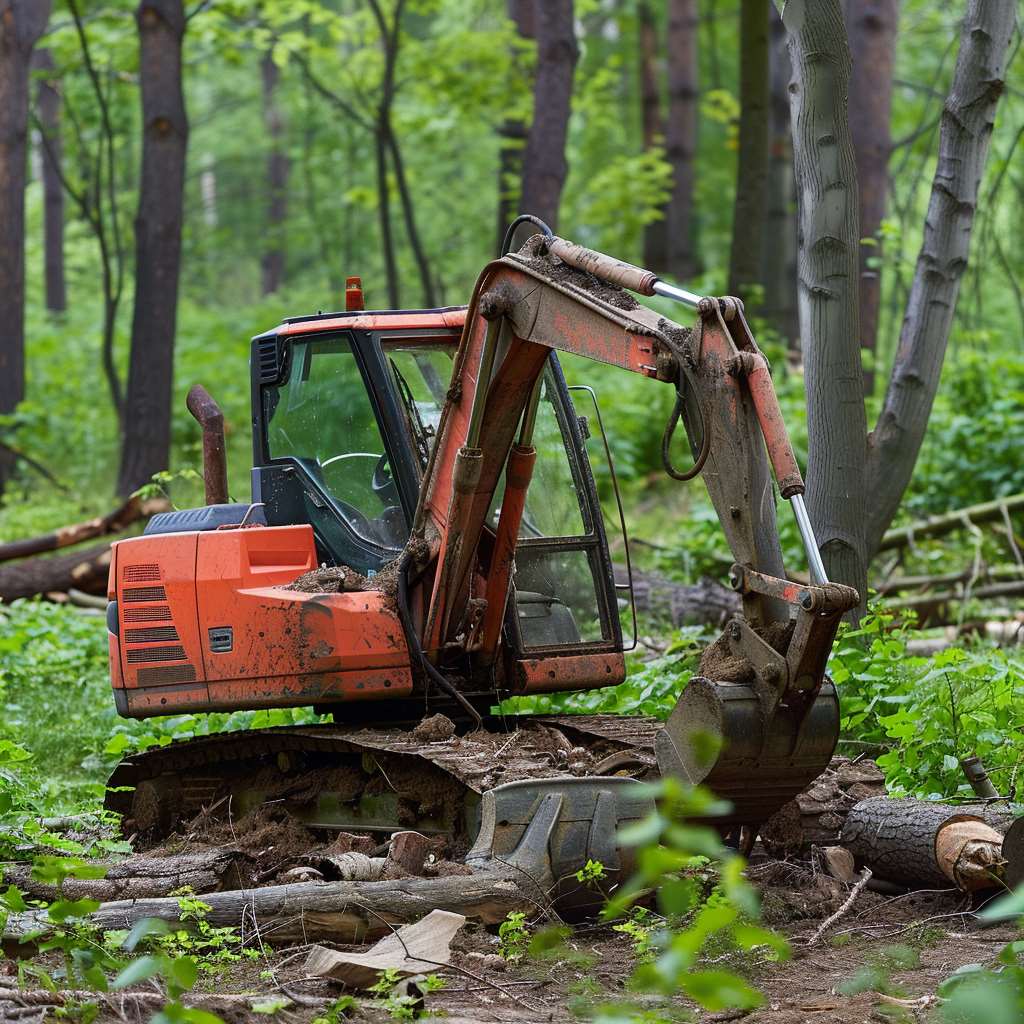Nothing else derails a construction deadline much like unexpected delays during excavation jobs. But with the right preparation, these setbacks can be avoided. Proper planning and proactive solutions are essential to keep your project on schedule and within budget. Indepth Excavation has been on each side of a job, good and bad.
Why Excavation Delays Happen
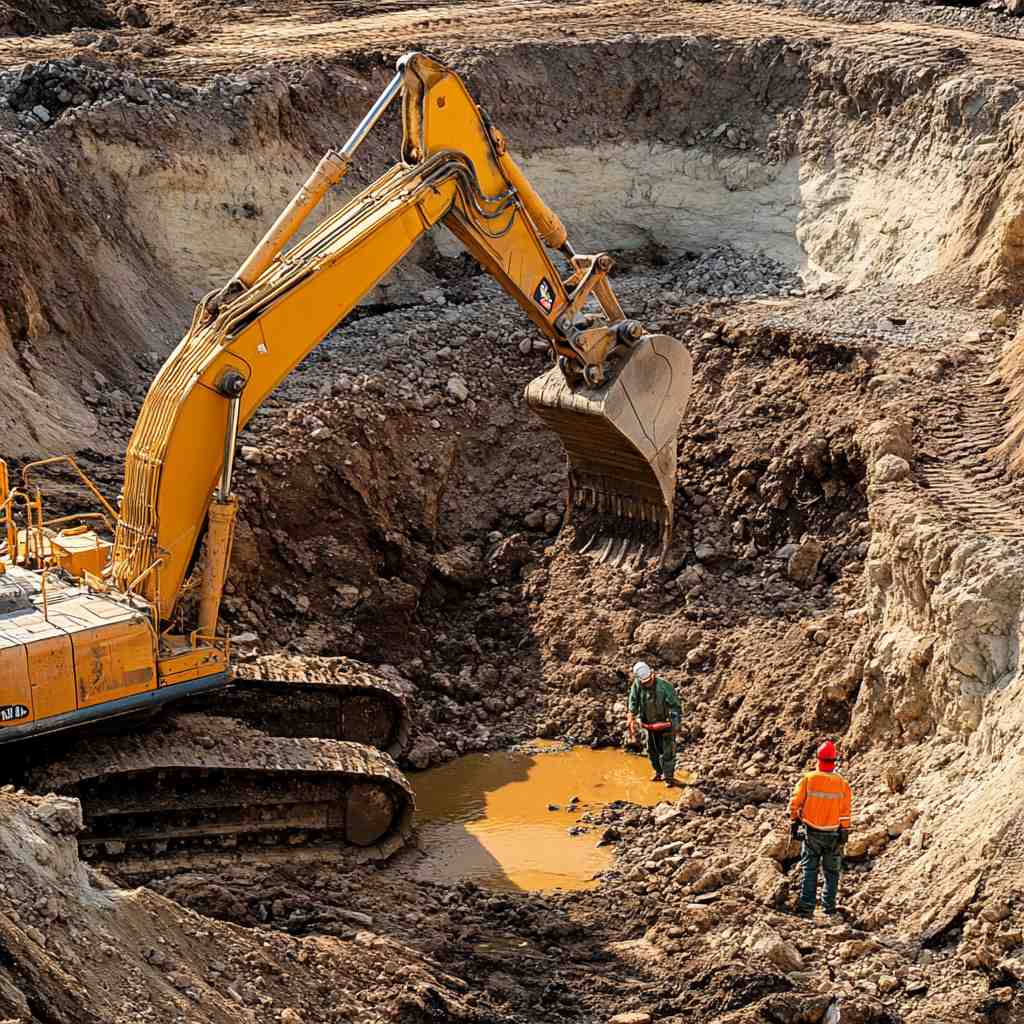
Excavation is one of the most critical phases in any construction project, and it often comes with challenges. Between complex site conditions, regulatory hurdles, and unpredictable factors like weather can all contribute to delays.
These setbacks not only increase costs but also extend timelines, leading to frustrated stakeholders and potential financial penalties. Addressing potential delays early is vital; prevention saves both time and money.
1. Conduct Thorough Pre-Project Site Assessments
Before breaking the ground, doing a site evaluation is the first thing to do. This includes identifying soil types, terrain complexities, and potential obstacles like rocks or underground water. Utility marking is a critical step, by calling 811 makes sure you avoid damaging underground utilities, which can cause significant delays and safety hazards.
Geological surveys help you understand subsurface conditions, allowing for better planning and execution.
2. Obtain All Necessary Permits Before Starting

Navigating the world of permits can be daunting, but it’s a non-negotiable part of the excavation process. Common permits include grading, building, and environmental clearances. Each county or city may have specific regulations, so it’s important to familiarize yourself with local requirements.
To avoid permit delays, start the application process early, ensure all documentation is complete, and consider working with experts who specialize in permit acquisition.
3. Prepare for Weather Challenges
Weather is an unpredictable factor that can significantly impact excavation. Rain, snow, or extreme heat can halt progress and damage equipment. Building scheduling flexibility into your timeline is vital. Incorporate weather contingencies and be prepared to adjust plans as needed.
Mitigation strategies like proper drainage systems and protective coverings can minimize disruptions caused by adverse weather conditions.
Weather Preparation Strategies:
Flexible Scheduling:
- Build buffer time into your project timeline
- Prioritize tasks based on weather forecasts
Mitigation Measures:
- Install proper drainage to prevent water accumulation
- Use tarps and coverings to protect exposed areas
Monitoring:
- Regularly check weather updates
- Have contingency plans for extreme conditions
4. Choose the Right Excavation Equipment and Team

Selecting the appropriate machinery and assembling a skilled team are critical steps in guaranteeing your excavation project runs smoothly. The right equipment and personnel not only enhance efficiency but also reduce the risk of delays due to mechanical failures or human error.
Equipment Selection:
Assess Project Requirements:
- Project Scope: Determine the size and depth of the excavation to select machinery that can handle the workload efficiently.
- Soil and Terrain Conditions: Identify whether you’re dealing with rocky terrain, clay, sand, or other soil types, as different conditions require specific equipment.
- Site Accessibility: Consider the site’s layout, including any space constraints or obstacles that might affect machinery movement.
Choose Suitable Machinery:
- Excavators: Ideal for digging trenches, holes, and foundations. Available in various sizes, from mini-excavators for tight spaces to large excavators for substantial earth-moving tasks.
- Backhoe Loaders: Versatile machines useful for both digging and loading materials. Suitable for medium-sized projects.
- Bulldozers: Perfect for pushing large quantities of soil, rubble, or other materials. Useful in clearing sites and grading.
- Skid Steer Loaders: Compact and highly maneuverable, great for small-scale excavation and material handling.
- Trenchers: Specialized equipment for digging trenches for pipes or cables.
- Hydraulic Breakers: Attachments for breaking through hard surfaces like concrete or rock.
Hiring an Experienced Team:
Qualified Operators:
- Certification and Training: Operators should have the necessary certifications and training for the equipment they will use.
- Experience Level: Seasoned operators are better equipped to handle unexpected challenges and operate machinery efficiently.
- Safety Record: Choose operators with a strong commitment to safety to minimize the risk of accidents.
Skilled Contractors:
- Reputation and References: Research contractors’ backgrounds, ask for references, and review past projects similar to yours.
- Specialized Expertise: If your project has unique challenges (e.g., excavating in urban areas with tight spaces or dealing with hazardous materials), select contractors with relevant experience.
- Licensing and Insurance: Verify that contractors have the appropriate licenses and adequate insurance coverage.
5. Address Unexpected Site Conditions
Even with thorough planning, unexpected site conditions can arise, such as hidden debris, unstable soil, or underground water sources. When surprises occur, it’s important to respond quickly by adjusting plans and employing specialized excavation techniques. Contingency planning is important to allocate extra time and budget to manage unforeseen issues without derailing the entire project.
Quick Assessment:
- Evaluate the Unexpected Condition: Conduct a thorough assessment of the situation to understand its nature and severity. This includes examining the site, reviewing excavation plans, and identifying potential risks.
- Determine the Impact on the Project: Assess how the unexpected condition will affect the project timeline, budget, and overall goals. Consider factors such as safety implications, regulatory compliance, and environmental impact.
Adjust Plans:
- Modify Excavation Techniques: Adapt excavation techniques to address the specific challenges posed by the unexpected condition. This may involve changing equipment, adjusting digging methods, or implementing additional safety measures.
- Consult Experts for Specialized Solutions: Seek guidance from experts in relevant fields such as engineering, geology, or environmental science. Their specialized knowledge can provide insights into mitigating risks and optimizing excavation strategies.
Allocate Resources:
- Use Contingency Funds and Time Buffers: Tap into contingency budgets and time buffers allocated for unforeseen events. This financial and temporal flexibility helps absorb additional costs and delays caused by unexpected conditions.
- Communicate Changes to All Stakeholders: Maintain open communication with project stakeholders, including clients, contractors, and regulatory authorities. Inform them promptly about adjustments to plans, timelines, and budgetary considerations.
6. Maintain Clear Communication Between Stakeholders

The success of any excavation project depends heavily on the seamless coordination between all parties involved. This includes contractors, engineers, and clients, all of whom must work together toward shared project goals. Here’s how to keep everyone aligned:
Regular Updates and Progress Check-ins: Scheduling regular meetings or check-ins provides opportunities to assess the project’s status, review milestones, and catch potential issues early on. This proactive approach helps ensure that minor problems are addressed before they escalate into major delays or cost overruns.
Aligning Project Goals and Timelines: Ensure that all team members have a clear understanding of the project objectives and deadlines. This shared vision ensures everyone is working toward the same outcomes and reduces the chances of confusion or conflict during the project.
7. Partner with a Reliable Excavation Company
The expertise of a professional excavation company can make a significant difference in your project’s success. Experienced professionals anticipate challenges and have the knowledge to overcome them efficiently.
They stay compliant with local and state laws, guaranteeing that all regulatory requirements are met. Working with a reputable company provides peace of mind and contributes to a smoother, more efficient project.
Excavation delays don’t have to disrupt your project. With thorough preparation, the right team, and proactive problem-solving, you can stay on track and achieve your construction goals without unnecessary setbacks.
Contact Us at Indepth Excavation today to ensure your project is smooth, efficient, and free from unnecessary delays.
